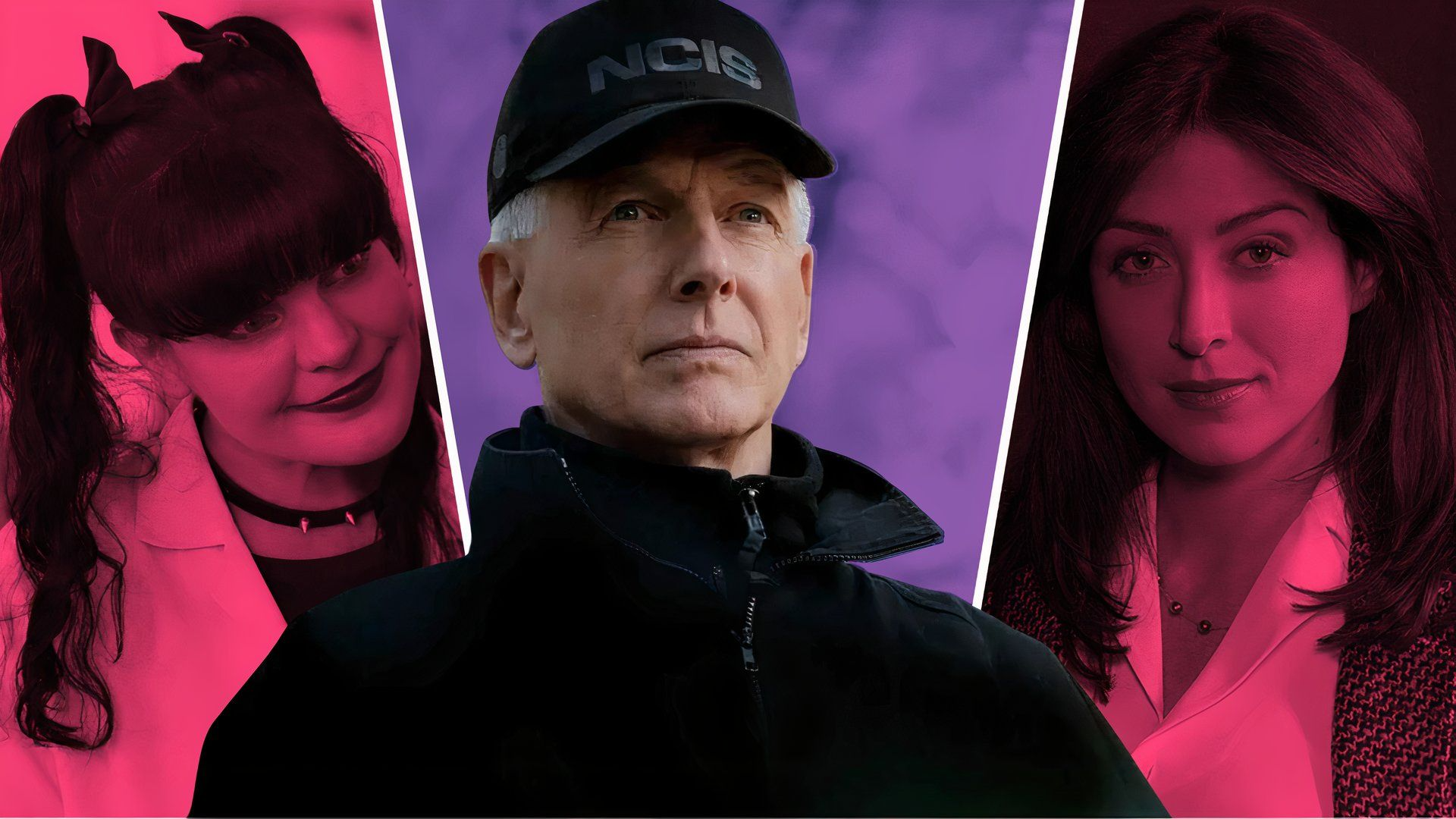
Let’s be honest—when you hear the name Leroy Jethro Gibbs, you think of the rock-solid, stoic leader who always had a plan. Gibbs isn’t just a character; he’s a cornerstone of the NCIS universe. But with NCIS: Origins heading into Season 2, fans are raising eyebrows over a potential twist that might unravel everything we admire about him.
So, what’s the change? And more importantly, why are fans concerned it could set Gibbs back rather than enrich his origin story?
Let’s dive into the details — and the drama.
What Is “NCIS: Origins” All About?
A Fresh Look at a Familiar Face
NCIS: Origins is the prequel we never knew we needed — until we got it. It gives us a deeper look into Gibbs’ younger days, before he became the calm, calculating agent we met in NCIS.
Setting the Foundation
The series peels back the layers, exploring his early career with NCIS, his formative relationships, and the events that shaped his worldview.
The Big Change in Season 2 That’s Causing a Stir
Rumor Has It — A More Emotional, Volatile Gibbs
According to early reports and teasers, NCIS: Origins Season 2 may introduce a more reactive, emotionally unstable version of Gibbs. Think outbursts, rash decisions, and a more “flawed” persona than fans are used to.
Why This Could Be a Problem
It’s not that we don’t want complexity. But rewriting the core of who Gibbs is—even in his youth—feels like walking a tightrope without a safety net.
Why Fans Are Protective of Gibbs’ Character
He’s Not Just a Character—He’s a Symbol
To long-time fans, Gibbs represents order in chaos. Discipline. Justice. Quiet strength.
Altering That Legacy Feels Risky
Tinkering with his emotional core could feel less like adding depth and more like distorting the blueprint.
The Danger of Over-Correcting for Modern TV Trends
Everyone Wants a Flawed Hero—But at What Cost?
There’s a growing trend in TV to make every character “deeply flawed” or “morally grey.” And sure, that works for some. But Gibbs’ appeal was his control, his emotional discipline.
He Already Had Layers
Let’s not forget—Gibbs wasn’t a robot. He had pain, especially tied to the loss of his wife and daughter. We’ve seen him struggle. But it was always with restraint. That’s what made him compelling.
Can Young Gibbs Be Emotional Without Losing His Identity?
Of Course—If It’s Handled Right
The issue isn’t with showing Gibbs’ emotions. It’s about how those emotions are portrayed.
The Difference Between Growth and Contradiction
He can be younger, less experienced, and even impulsive at times—but if he becomes someone unrecognizable, it stops being Gibbs. It becomes someone else entirely.
Why Season 1 Got It Mostly Right
A Balance of Vulnerability and Control
The first season struck a sweet spot. We saw his internal battles, his frustrations, his drive. But it still felt like the Gibbs we know.
Season 2 Risks Tilting That Balance
Too much change, too fast, could feel jarring — especially for fans who’ve followed him for decades.
What Makes Gibbs… Gibbs?
The Core Traits That Shouldn’t Be Lost
-
Discipline
-
Loyalty
-
Moral clarity
-
Stoicism
-
A quiet, commanding presence
These Traits Can Evolve—But Shouldn’t Vanish
Seeing a younger Gibbs earn these traits is great storytelling. But if they’re replaced with volatility or melodrama, it undercuts the entire purpose of the prequel.
The Real Purpose of “Origins”
Not to Rewrite—But to Reveal
NCIS: Origins should serve to explain how Gibbs became Gibbs—not challenge the very essence of who he is.
What the Showrunners Need to Remember
Respect the Legacy
Prequels only work when they enhance the main narrative, not contradict it.
Emotional Depth ≠ Emotional Instability
We want insight into his past—not a character breakdown that feels out of sync with who he becomes.
Gibbs Deserves Better Than a Personality Overhaul
Growth is Not Regression
Sure, younger Gibbs should stumble. He should make mistakes. But don’t make him reckless or unrecognizable. That’s not growth—it’s regression.
Fan Theories vs. Show Decisions
Some Fans Think It’s Just Misdirection
Could the trailers and early reports be throwing us off on purpose? It’s possible. Shows love their red herrings.
But if It’s Real…
Then the writers need to tread very, very carefully.
Can Season 2 Redeem Itself?
Absolutely — If It Honors the Arc
There’s still time to show a young, raw Gibbs developing into the man we know—not being rewritten as someone totally different.
Conclusion: Don’t Fix What Was Never Broken
Gibbs is a beloved character for a reason. He’s not flashy, not overly emotional—but deeply human. NCIS: Origins has the unique opportunity to flesh out his early days. But turning him into someone emotionally erratic or wildly inconsistent isn’t character development—it’s creative sabotage.
Here’s hoping Season 2 doesn’t just bring us drama, but depth. Not reinvention, but revelation.
We don’t need a new Gibbs.
We just need to see how the old one was forged.
FAQs
Q1: Why are fans concerned about Gibbs’ portrayal in “NCIS: Origins” Season 2?
Because early teasers suggest a shift toward a more emotionally reactive, unstable version of Gibbs—which contradicts the composed leader we’ve known for decades.
Q2: Isn’t it natural for younger characters to be more emotional?
Absolutely. But the risk lies in overdoing it to the point where the character no longer feels like the same person—just younger.
Q3: Has “NCIS” done prequel stories before?
Not in full series form. NCIS: Origins is the first deep dive into a character’s backstory at this level.
Q4: Could the emotional change be part of Gibbs’ development arc?
Yes—if handled correctly. It should show growth, not emotional breakdowns that feel inconsistent with his later self.
Q5: What do fans hope to see in Season 2?
A deeper, more nuanced look at what shaped Gibbs—his values, his traumas, his leadership—not just a dramatic reinterpretation.
Custom Message:
Thanks for reading! If this article struck a chord with your inner NCIS fan, share it and spark the conversation. Let’s keep our favorite characters authentic — and our storytelling grounded.
